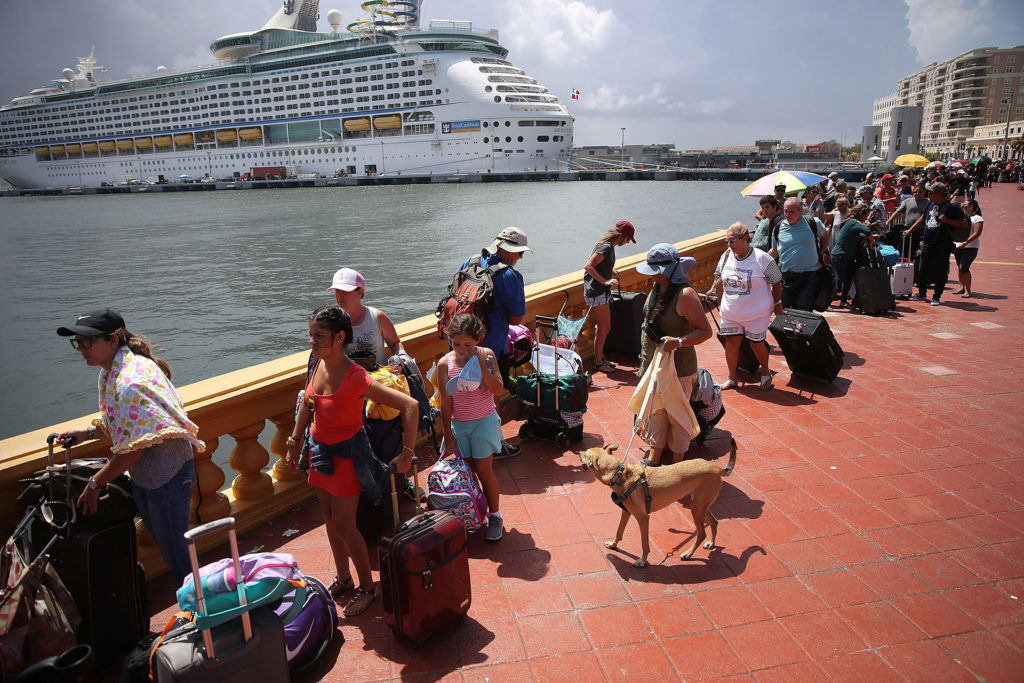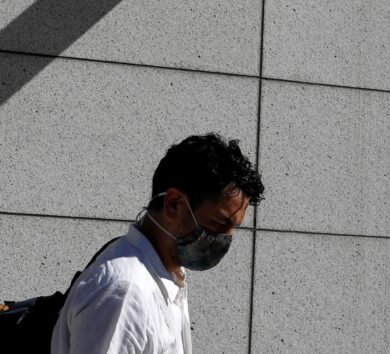

The authorities in Puerto Rico have implemented strict entry requirements that will be making it near impossible for cruise ships to comply.
Cruise ships with a call to the destination will be unlikely to dock in the capital, San Juan this week. The island has implemented a new rule, which states the following: “All passengers and crew members who wish to disembark in Puerto Rico must be fully vaccinated with a vaccine approved by the World Health Organization and must have a negative result of a viral test (molecular or antigen) performed within two days (48 hours) before disembarking in Puerto Rico.”
The Puerto Rico Department of Health sent out a letter on December 26, implementing a near-immediate rule change.
According to the Department of Health, strict measures were necessary as soon as possible: “Puerto Rico, like the rest of the world, is experiencing an increase in cases due to the introduction of the Omicron variant. Currently, Puerto Rico has a 21.7 per cent positivity rate in molecular tests and an incidence of 372 cases per 100.000 inhabitants, which places us at a high level of transmission.“
The island also implemented a rule that states that all passengers or crew members, regardless of their vaccination status, will not be able to disembark in Puerto Rico upon failing to provide a negative viral test.
“Given the increase in infections, we have established as a requirement of cruise lines that every passenger who disembarks in a local port of visit must be fully vaccinated and have a negative COVID-19 test made up to 48 hours in advance. We recognize that this is an onerous measure for cruise ships and their passengers, however, it is a necessary action in the current circumstances that we live in and we hope it will be a temporary average with which we can
reduce infections on the island,” a December 27 statement read.
The only exception will be if they need medical help that the vessel would not be able to provide.
Symphony of the Seas, first vessel to be affected
The first ship to be affected has been Symphony of the Seas, which was denied entry Monday morning (December 27) at no fault to the cruise line. The Symphony of the Seas, the world’s largest cruise ship, is operated by Royal Caribbean.
As the government implemented the rules only the day before, there was no time to react. The vessel sailed past Puerto Rico and has since made a course to, possibly, the US Virgin Islands, or its next port of call, Sint Maarten.
Symphony of the Seas recently had 48 confirmed COVID cases on board during a recent cruise in the Caribbean. It comes during a heightened time due to the Omicron variant.
The Oasis-class cruise ship is currently sailing an eight-day Caribbean itinerary that departed Miami in Florida on December 23, 2021.

New rule brings some significant problems for cruise lines
The new rule change from the Department of Health will bring some significant problems for cruise lines sailing to San Juan, especially for ships sailing to the islands in the next few days. They will need to implement ship-wide testing to make a call to San Juan. Unless cruise lines can find a way around the new protocols, cruising to San Juan could be a long way out.
This is a similar scenario to the Cayman Islands, which recently implemented a 24-hour window for all guests to be tested. This is another blow for an industry that has seen multiple cruise ports cancelled in the last weeks.
Only recently, Allure of the Seas was denied entry to St Thomas (USVI), St Kitts, and Sint Maarten, having to reroute to a single call in Perfect Day at CocoCay.







Comments